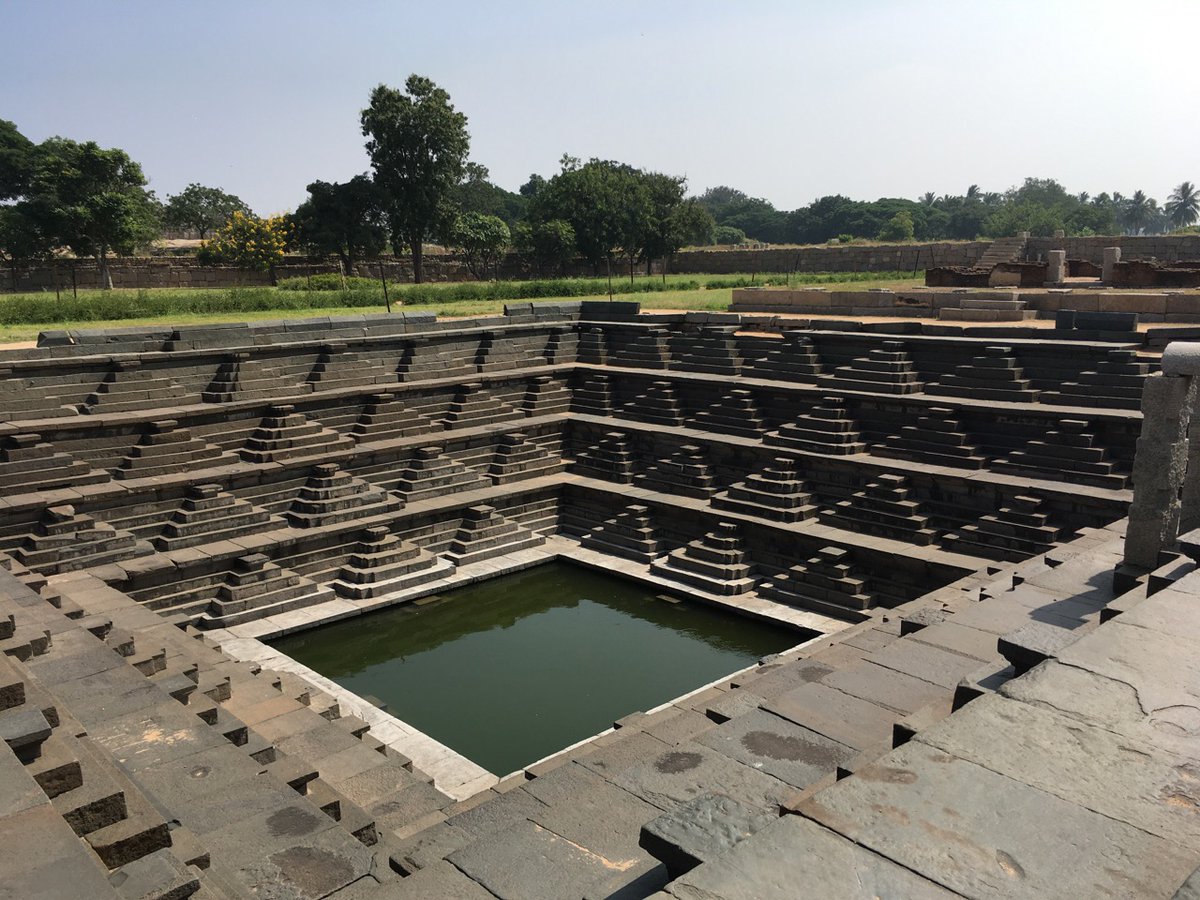
1/6 Water detectives are asking a radical question: what does #water want? “Water Always Wins: Thriving in an age of drought and deluge” (@uchicagopress, 2022) is about changing our relationship with water from a control mindset to one of collaboration. press.uchicago.edu/ucp/books/book…
2/6 Climate change is bringing bigger rains & more severe droughts. But our development choices are making these disasters worse. Urban sprawl, industrial agriculture, & attempts to control water - levees and dams, burying creeks and wetlands - are making human habitats brittle.
3/6 Standard development sees water as a commodity or threat, so seeks control. But other cultures, incl. #Indigenous peoples, see water as a friend or relative & seek to understand its relationships w/rock, microbes, beavers, us. That fosters reciprocity: care & need entwined.
4/6 What water wants (it told me 😉) is the return of its slow phases that our development has erased. When water slows on land, floods are absorbed, water is stored for later and cleaned, rain and surface flows are created, greenhouse gases are stored, plants and animals fed.
5/6 Now an int’l movement I’m calling #SlowWater is returning some land to water. #SlowWater approaches are unique to each place, working with local landscapes, climates, and cultures rather than trying to control them. #SlowWater is local, distributed, and engages the community.
6/6 By seeking to understand water and its relationships with rock, soil, microbes, beavers, treating it with respect, collaborating with it, we can make ourselves more resilient. slowwater.world.
@threadreaderapp unroll
• • •
Missing some Tweet in this thread? You can try to
force a refresh




